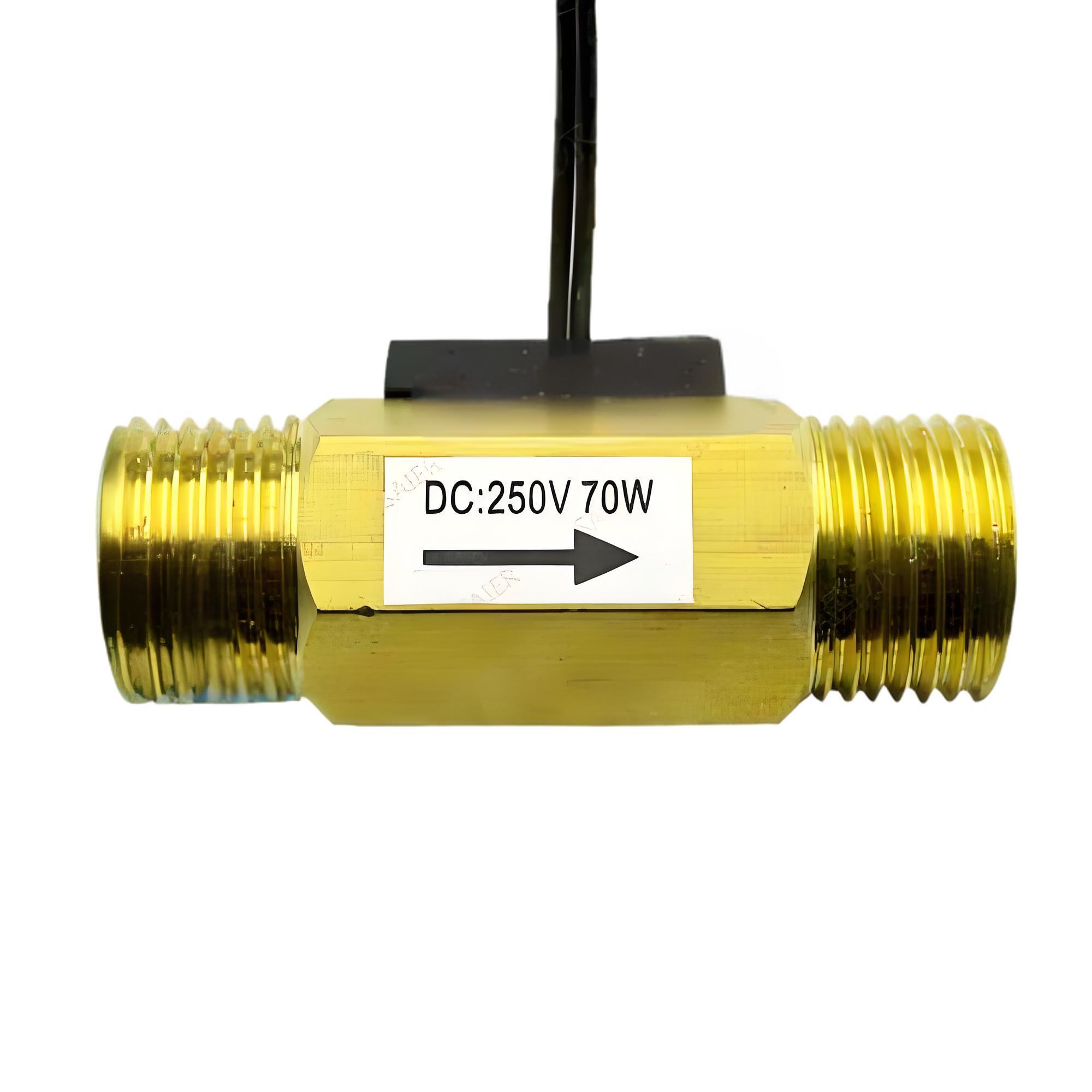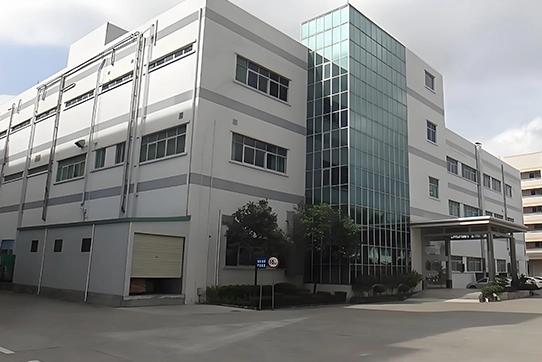What is Flow in an Industrial System?
In an industrial system, flow means the movement of fluids. These fluids can be liquids, gases, or slurries. They move through pipelines, ducts, or equipment to meet specific goals.
Flow is a critical parameter in industrial processes, impacting efficiency, safety, quality and cost. In industrial system, monitoring flow status is key to save energy and ensuring safety.
Types of Flow Switches and How to Choose the Right Flow Switch?
Type | How It Works | Applications | Pros | Cons |
Reed Technology | Magnetic float or piston moves with flow, activating a sealed reed switch. | Corrosive fluids fire sprinklers | Safe for hazardous environments | Limited sensitivity |
Ultrasonic Technology | Uses ultrasonic waves to detect flow via Doppler effect or transit-time difference. | Large pipes wastewater food industry | Non-invasive, no pressure drop | Expensive, fluid-dependent accuracy |
Paddle Structure | Fluid flow displaces a paddle, triggering a mechanical or magnetic switch. | HVAC water pumps irrigation | Simple, low cost | Mechanical wear, not for low flow |
Thermal Technology | Measures temperature change caused by fluid flow cooling a heated element. | Medical devices clean gases labs | No moving parts, detects low flow | Affected by fluid thermal properties |
Differential Pressure | Detects pressure drop across a restriction (e.g.,orifice plate) to trigger a switch. | Oil/gas pipelines chemical processing | Works with liquids/gases | Causes pressure loss, requires calibration |
What is a Flow Switch Used For?
A flow switch, also called flow sensor, is a device that monitors the flow of liquid, gas, or steam. When the flow hits a set rate, like 0.12L/min, a flow switch is activated. This switch signals an action, such as stopping the flow. When the flow rate is less than the set value, a flow switch returns to its original position.
Many systems that need flow control commonly use flow switches. This includes pump control and fire fighting systems. They can start or stop equipment based on flow changes. This helps improve the system's efficiency and reliability.
How to Choose a Flow Switch?
When choosing a flow switch, the following factors need to be considered:
1, Fluid medium: Know what type of fluid you are measuring, like liquid, gas or steam. Different fluids have different needs for the material and working principle of the flow switch.
2, Flow range: Decide the flow range you want to measure. This includes the lowest and highest flow values. Then, choose a flow switch that fits this measuring range.
3, Accuracy: Choose the flow switch that meets the accuracy level needed for your application. When you choose a flow switch, consider the environment where you will install it. Consider factors like temperature, pressure, humidity, and corrosion. Pick a flow switch that fits these conditions to ensure it works well and reliably.
4, Material selection: Choose the right material based on the fluid's chemical properties and temperature range. For example, use stainless steel or plastic.
By considering these factors, you can choose the best flow switch for your needs. This will help ensure it works accurately and reliably.
The Details about Reed Technology Flow Switch
A reed-based flow switch is a device that detects flow. It uses a magnetic reed switch to monitor fluid movement in a system. It combines mechanical flow sensing with magnetic actuation, making it reliable for various industrial process.
Reed-based flow switches are ideal for applications requiring durability, safety, and isolation between electrical components and fluid. They excel in harsh environments but may lack precision for ultra-low flow rates. When selecting one, prioritize fluid compatibility, flow range, and mechanical robustness.

Why Choose a Reed-Based Flow Switch?
1, Isolation: The design seals the electrical components (reed switch) to prevent contact with the fluid.
2, Safety: No spark risk, ideal for flammable or explosive environments.
3, Reliability: Fewer electronic parts reduce failure points.
Reed-based flow switches are versatile but vary widely in design. Match the type to your system’s fluid, pressure, and environmental demands for optimal performance.
BST sensor, a manufacturer for flow switch, reed sensor, hall sensor and magnetic components.
